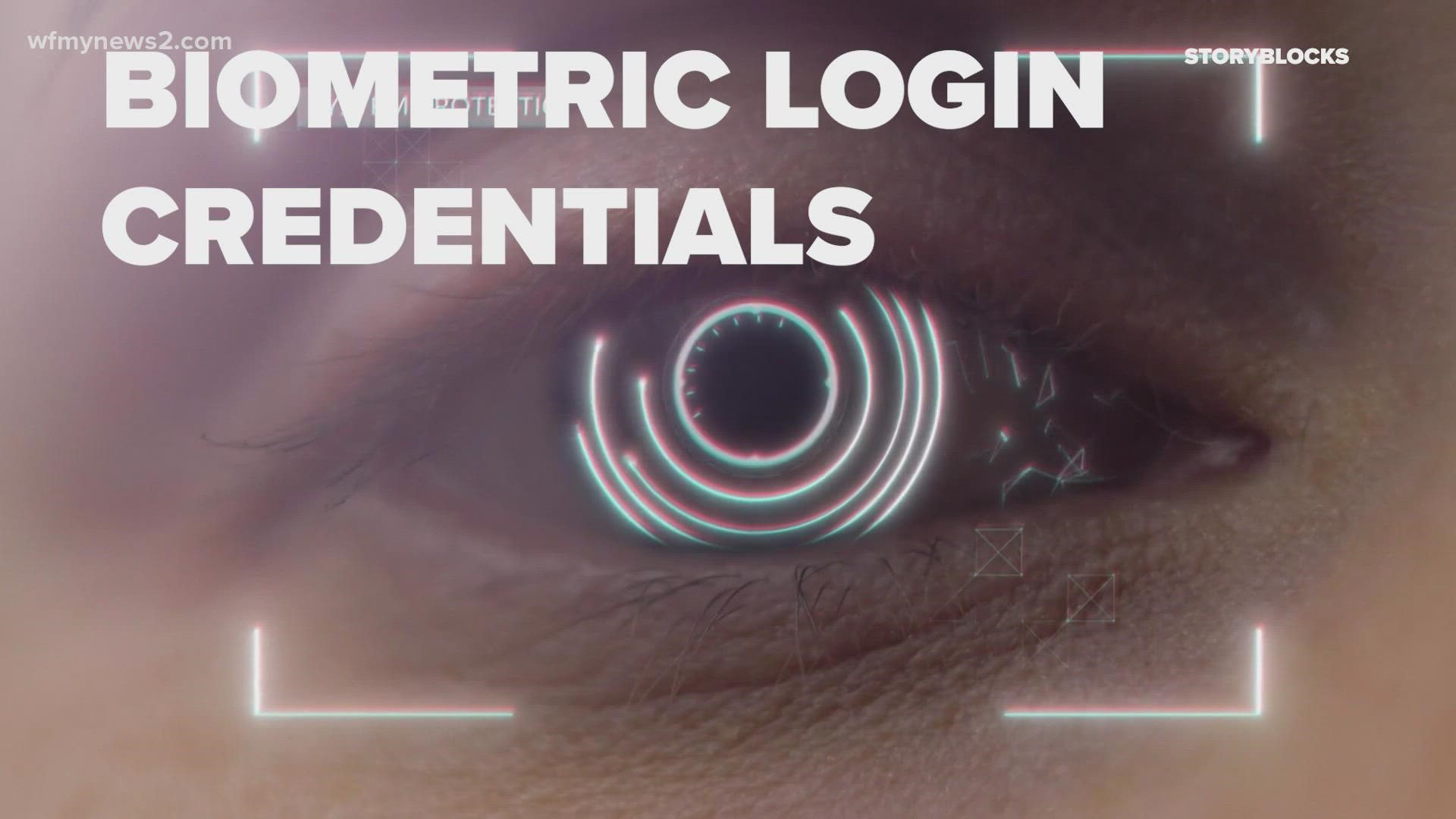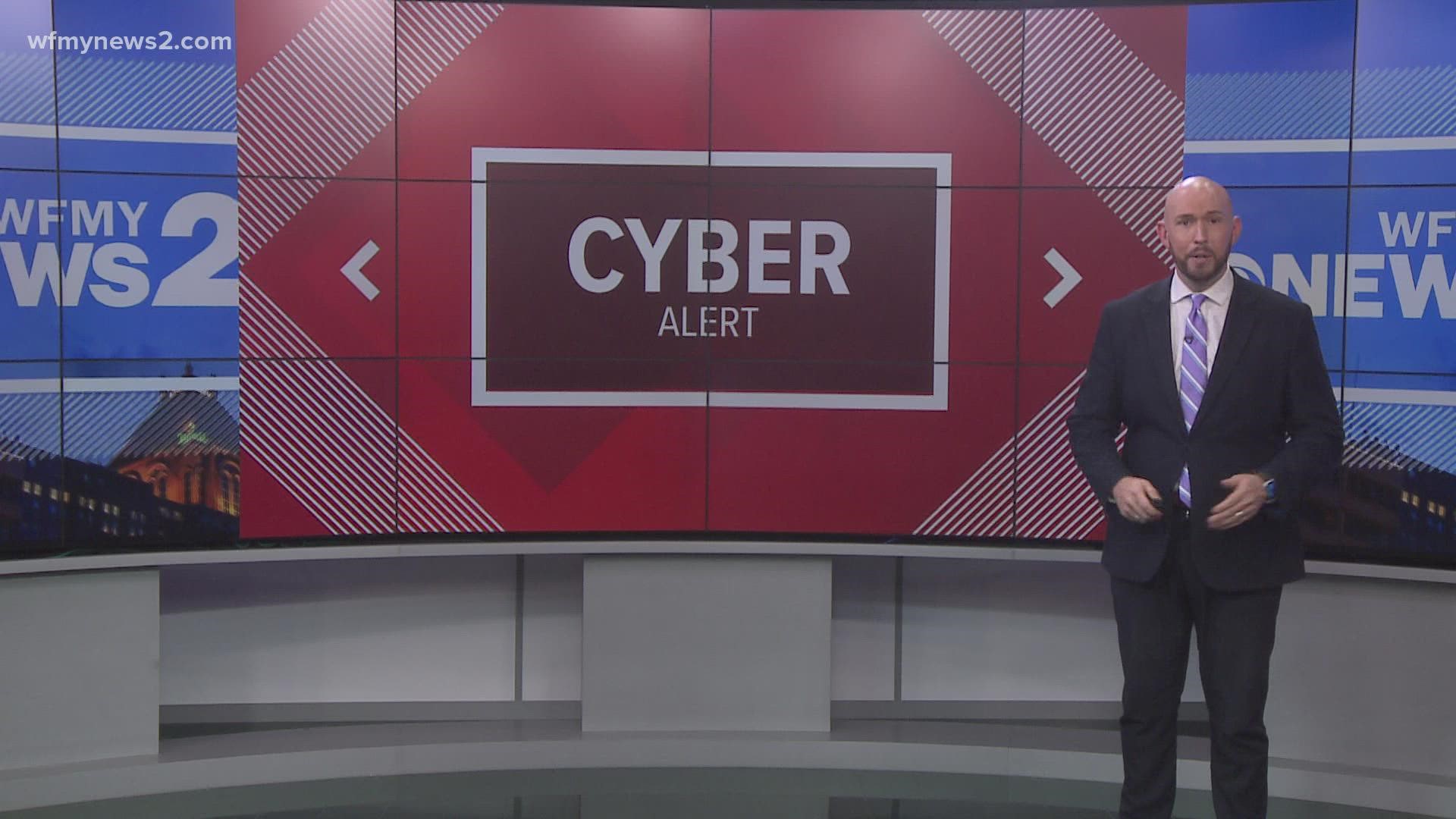GREENSBORO, N.C. — United States officials said Russia has started taking actions that could lead to a cyber attack on our country.
"The magnitude of Russia's cyber capacity is fairly consequential, and it's coming," President Biden said.
Experts from the federal government said there hasn't been a specific, credible threat against the U.S. yet. However, they worry about potential attacks on the country's infrastructure and finance sector.
The U.S. learned how serious these actions can get last May following a ransomware attack on Colonial Pipeline. People in the Triad and all over the east coast scrambled to find gas. Some even waited hours in line just to find empty pumps.
The Department of Homeland Security issued new cybersecurity standards after the attack to protect companies. It required pipelines to hire a cybersecurity coordinator that would be on call 24/7. That person tests the company's system daily to identify potential weak spots.
FBI Director Christopher Wray warned a cyber attack on U.S. power grids could crash the whole system.
The Department of Energy upgraded its cybersecurity protections last year. It required businesses and the government to get better systems to allow for quicker response times to potential threats.
Duke Energy has responded to cyber threats over the years. The company said it has a team dedicated to addressing cybersecurity concerns and protecting its systems. One year, company software blocked 2.2 billion potentially-malicious emails, according to Duke Energy.
Experts said cyber attacks should be a top priority for banks. However, Investopedia.com said Americans shouldn't panic if their bank gets hacked. Federal law protects consumers, and people can likely get their money back if it's lost to a bank hack.
The website said the hack could still have major implications. The banking sector operates in an interconnected web. Slowing down one part could ripple throughout the whole industry.
Protection U.S. cybersecurity goes beyond the government and companies. Everyone has a role to play. Experts said most cyber attacks happen because of human error.
A common way hackers get sensitive information and can crash systems is through phishing emails.
"Think before you click," Scott Shackleford, a cybersecurity expert, said. "When in doubt, don't is always a good idea, and just make sure to keep your software up to date."
If you get a suspicious email or link sent to you, you can hover over it. It previews where the link will take you. If it looks off, it probably is, and you shouldn't click it.
Experts also said everyone should have two-factor authentication set up for devices and websites hosting sensitive information. The extra time spent logging in can be a hassle, but it really makes a difference protecting your information and stopping hackers.
If you were the victim of a cyber crime, North Carolina has a hotline where you can report it. Call 211 to talk to a cybersecurity specialist.


